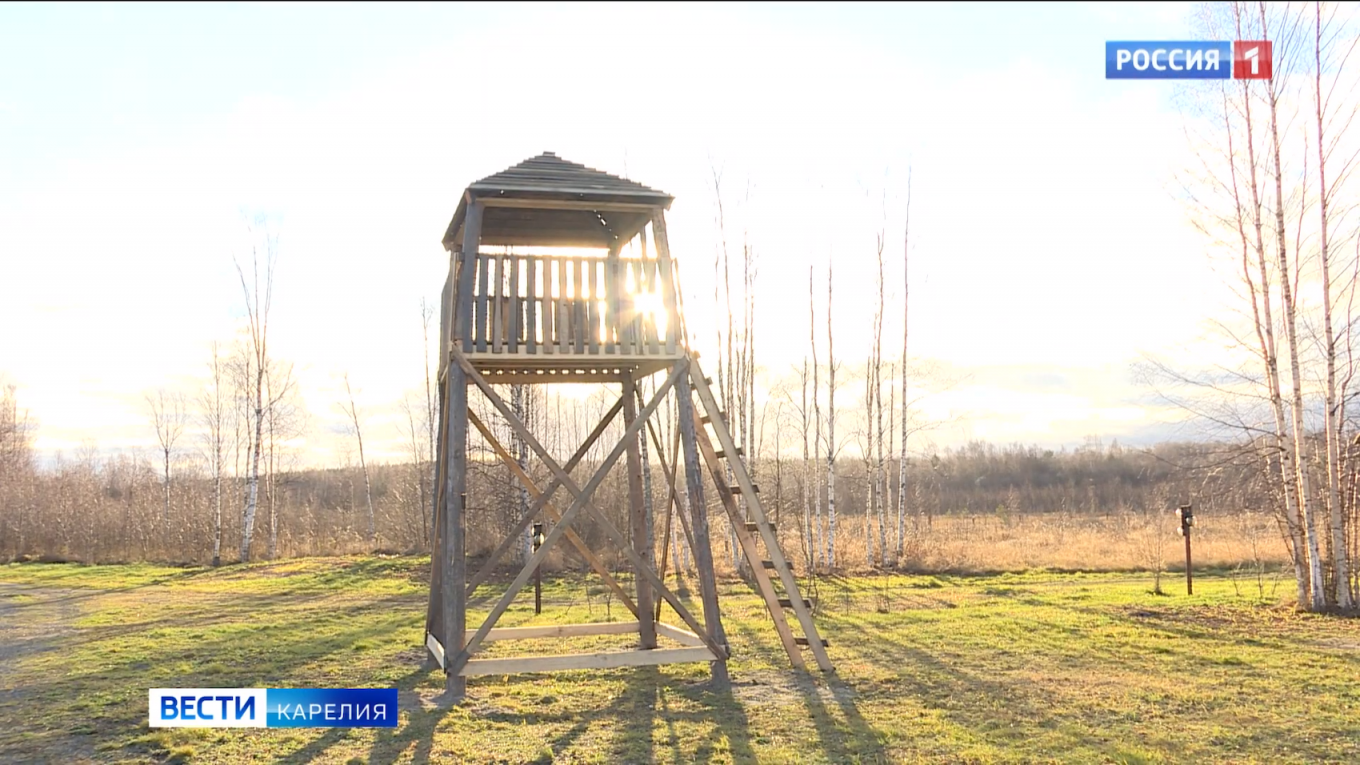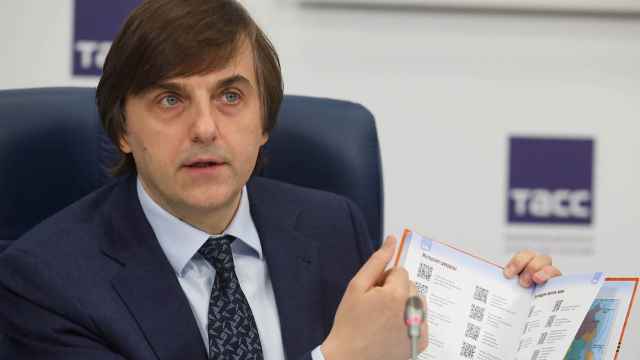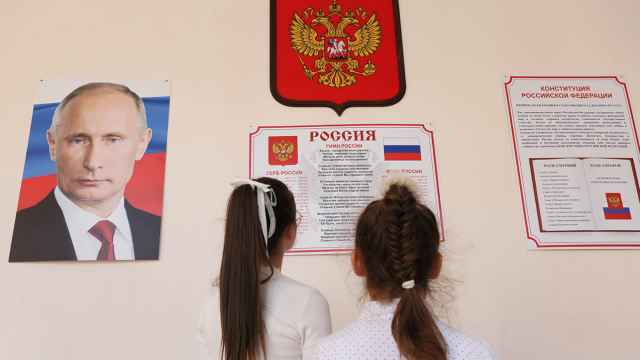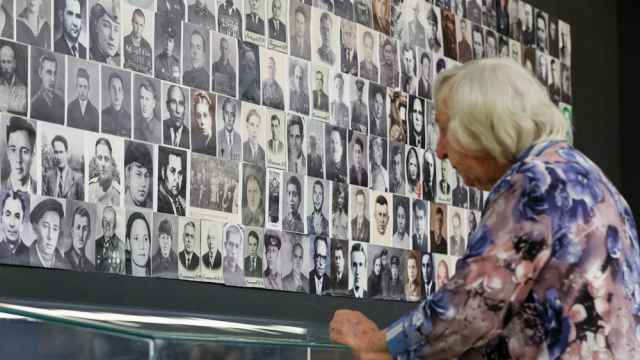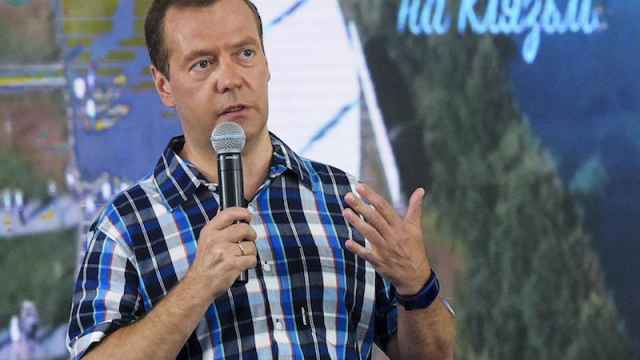A Russian nonprofit organization has built a replica World War II prison camp through a presidential grant for children’s patriotic education, local media in northern Russia has reported.
When it opens in the republic of Karelia on the Finnish border in December, schoolchildren will be able to roam the guard towers, barracks and barbed wire that Finland’s army set up for Soviet civilians fleeing the frontlines.
“We hope to see the former young prisoners here too,” said Natalia Abramova, who heads the Otkrytye Vozmozhnosti (Open Opportunities) NGO for disabled children that erected the camp.
“They’ll be able to share their memories with the children,” Abramova told the Karelia affiliate of the Rossia state broadcaster on the camp grounds in a village 700 kilometers north of Moscow.
She added that young visitors will also take part in “military-patriotic games” and “lessons in courage” as part of the “Patriotic Weekend” attraction.
The NGO won a $36,000 presidential grant to open the camp, which uses the set of a 2019 state-funded movie that tells the story of children who were interned at the camps.
Historians say around 4,000 Soviet civilians, including children, women and the elderly, perished in the several transfer camps that Finland opened between 1941-44.
Karelia’s mock camp is the latest example of modern-day Russia’s efforts to pass on Soviet and wartime history to the next generation. President Vladimir Putin, who has long promoted patriotism as Russia’s sole national idea and established a military-patriotic youth movement in 2015, added patriotism and war history to the Russian school curriculum earlier this year.
Authorities are pursuing “aggressive, militaristic politics of memory,” historians who oppose the project told the U.S.-funded RFE/RL news outlet, which profiled the camp in March.
“War is not a children’s show, but a very serious thing,” Mikhail Goldenberg, director of the Karelia National Museum, told the outlet at the time.
A Message from The Moscow Times:
Dear readers,
We are facing unprecedented challenges. Russia's Prosecutor General's Office has designated The Moscow Times as an "undesirable" organization, criminalizing our work and putting our staff at risk of prosecution. This follows our earlier unjust labeling as a "foreign agent."
These actions are direct attempts to silence independent journalism in Russia. The authorities claim our work "discredits the decisions of the Russian leadership." We see things differently: we strive to provide accurate, unbiased reporting on Russia.
We, the journalists of The Moscow Times, refuse to be silenced. But to continue our work, we need your help.
Your support, no matter how small, makes a world of difference. If you can, please support us monthly starting from just $2. It's quick to set up, and every contribution makes a significant impact.
By supporting The Moscow Times, you're defending open, independent journalism in the face of repression. Thank you for standing with us.
Remind me later.


